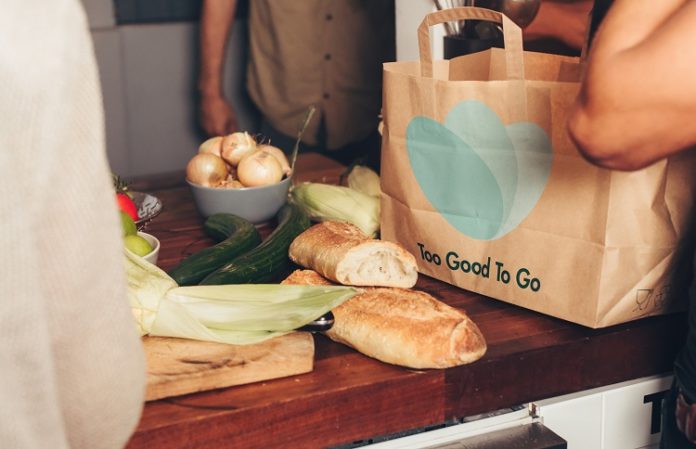Jamie Crummie is the co-founder of food waste company Too Good To Go
Sustainability almost seemed like a buzzword for food businesses before the pandemic struck. It was a ‘nice-to-have’, rather than a ‘must-have’. But then Covid-19 came along and exposed the weaknesses in our food system.
All industry sectors have been impacted one way or another, including the wholesale sector. Some businesses found themselves not able to meet demand, whilst others suffered excess stock due to closures in the hospitality sector. In short, our supply chain was thrown into complete disarray.
But, while the pandemic has caused disruption, business loss and a whole new level of uncertainty, Covid-19 has provided us with an opportunity to rebuild better.
Food waste is a critical global issue having a devastating impact on our planet. One third of all food produced is wasted, accounting for 8-10% of all global greenhouse gas emissions. And, according to WRAP, 16% of the UK’s total food waste, post farm gate, arises from wholesalers and manufacturers. This makes it the second largest food waste stream in the supply chain, and an area ripe for revolution.

Covid-19 has allowed many industries to rip up the rulebook and press the reset button – and the wholesale industry now has a valuable opportunity to raise the stakes on sustainability.
Date labelling continues to be a huge cause for food waste in the UK and it is ambient produce that is starting to suffer. When hospitality businesses closed almost overnight in March, many wholesalers and producers found themselves with ambient produce sitting idle. Now, as the hospitality sector reopens, this produce is being rejected as it is too close to its best-before date. Despite some food being perfectly edible for up to three years after its best-before date, this could lead to a glut of food going to waste.
But what viable commercial solutions are there for this food?
WRAP’s latest guidance on ‘Best Before’ labels encourages retailers and businesses to look beyond ‘Best Before’ dates, outlining that long-life items are still safe to consume once the date has elapsed.
For example, jars of jam, condiments and sauces and tins of veg, soup, beans, meat and fish are all fine to consume up to three years beyond the ‘Best Before’ date as long as the seal is still intact. Foil packets such as dry pasta and packet soup mix are also fine for up to three years so long as the packet’s integrity remains. Drinks and confectionery are usually fine up to 12 months past their ‘Best Before’ date as long as the packaging isn’t damaged.
Regulations now clearly state that all food with a ‘Best Before’ date can be sold, redistributed and consumed after that date, as long as it’s still good quality.
Swedish wholesaler forms part of sustainability report
The wholesale industry can play it’s part in helping to communicate this new guidance to the restaurants and retailers that it interacts with. The more this message is communicated the more food we can all prevent from needlessly going to waste.
However, regardless of whether restaurants and retailers take food close to the date stated on its label, there will always be consumers who want it. Introducing food waste solutions and redistribution services into business models can help wholesale businesses to become more resilient and sustainable.
For sustainability to be put at the heart of business functions, it has to be seamless. The solutions implemented have to avoid hours of training for staff or lengthy processes, which businesses don’t have the resources for right now. This is where technology comes into its own. Technology offers a frictionless way to redistribute food that is at risk of going to waste.
Apps like Too Good To Go provide an easy-to-implement platform for businesses with surplus food. No food business likes to throw away perfectly edible food and apps can provide a direct to consumer safety net for when they find themselves with food at risk of going to waste.
By harnessing technology and tackling the issue head on, we can drive the food waste movement forward, challenging societal behaviours, creating a healthier planet for us all, and creating a more sustainable food system together.








